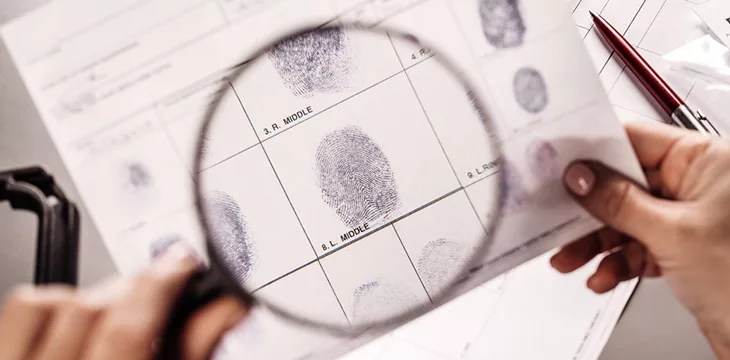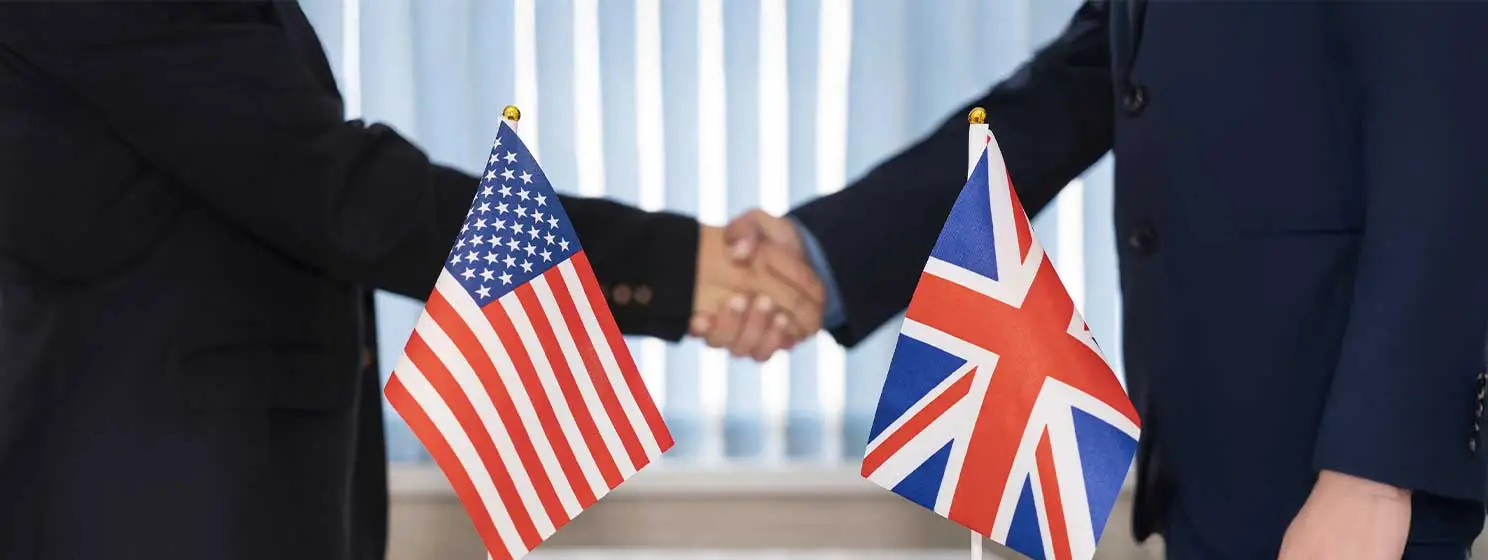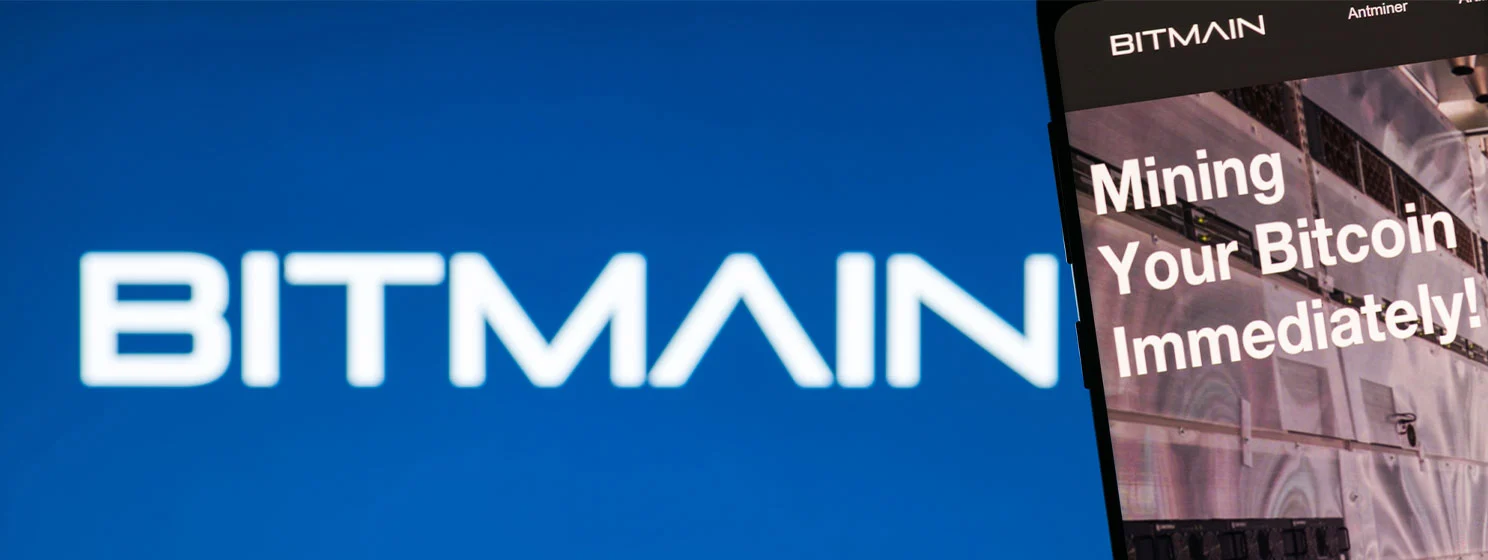|
Getting your Trinity Audio player ready...
|
India is well on its way toward full-scale blockchain adoption, with the latest application coming in criminal investigations.
New Delhi’s Forensic Science Laboratory (FSL) has announced detailed plans to integrate blockchain with its internal systems in a pioneering move, The Pioneer reported.
Head of the FSL VK Saxena stated that using blockchain in forensics will offer a wider range of benefits, including “tamper-proof digital recording of evidence” and greater levels of transparency. At the moment, Saxena confirmed that 1,500 employees of the FSL have received basic blockchain training to leverage the integration in their investigations.
The integration with blockchain comes in the form of a mobile application which Saxena says will be crucial in providing interested parties with a clear trail of evidence from a crime scene. An official with knowledge of the matters disclosed that the entire forensics process would be subdivided into four places, with each stage requiring proper authorization before FSL staff can access evidence.
“The blockchain technology integrated with the e-forensic app of the Delhi FSL will ensure that evidence (material samples) submitted from the scene of crime to the FSL for analysis and reporting, remain free of human interface or interference,” said the official.
“Available only to authorised individuals in four separate blocks, representing four different stages of analysis, the data thus generated will be free of any tampering,” he added.
The new system of handling evidence will use QR codes assigned to each piece of evidence. With the use of a QR code, pundits say forensic investigators will be able to operate objectively due to the anonymization of data ensuring greater accuracy.
Despite the novel nature of blockchain integration, pundits have pointed out the possibilities of pitfalls for the new system. Critics rest their argument on the blind spots from crime scenes until the evidence is shipped to storage before making it to the distributed ledger.
The blind spots allow bad actors to tamper with evidence, with pundits suggesting using photographs and an automatic log of interview evidence to mitigate risks.
India embraces blockchain
The FSL’s latest move follows India’s broad plans to incorporate blockchain into all facets of its economy to improve efficiency. Since Finance Minister Nirmala Sitharaman predicted a 46% adoption rate for the technology, blockchain has made its debut in health, real estate, and education.
However, the Indian government remains skeptical about deploying blockchain in the financial sectors over the perceived risks of high levels of decentralization. The government has imposed stringent tax rules for digital currencies and is leading the crusade for uniform global regulations as G20 President.
Watch: In India, there’s a thirst to build useful stuff

 09-16-2025
09-16-2025 





